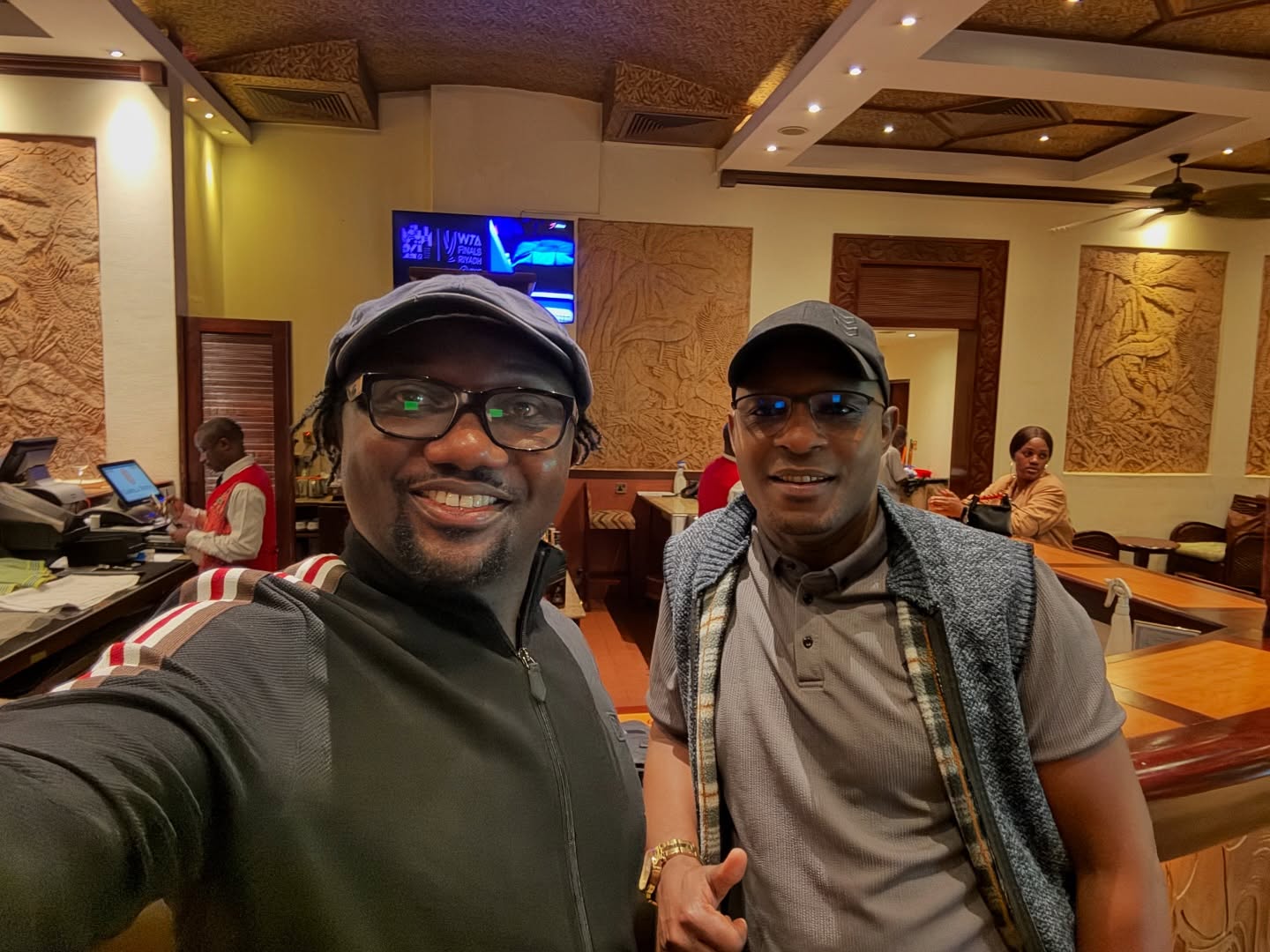Kenya’s digital transformation has taken a giant leap with the E-Citizen platform, now offering access to over 20,000 government services. From business registration and tax filing to licensing and loan applications, E-Citizen is revolutionising how Kenyans interact with the state. But behind this impressive progress lies a troubling question: Was the platform’s founder, James Ayugi, forced out?
Initially developed by Webmasters Kenya Ltd., Ayugi’s company, E-Citizen was designed to streamline access to public services, especially for Micro, Small, and Medium Enterprises (MSMEs), which form the backbone of Kenya’s economy. Today, E-Citizen is a vital tool for MSMEs, but concerns are growing that powerful interests may have pressured Ayugi into handing over control.
At a recent stakeholder meeting on the upcoming MSME Policy 2025, Principal Secretary for MSME Development, Susan Mang’eni, hailed E-Citizen as a “critical enabler” for small businesses, helping to eliminate red tape. Yet her praise came amid increasing speculation that Ayugi was sidelined to make room for politically connected players.
“E-Citizen simplifies licensing, registration, funding applications, and regulatory compliance,” Mang’eni said. “With over 20,000 services now available, we’re transforming how Kenyans access government support.” Still, her comments did little to quell concerns about who actually controls the platform.
Mang’eni also highlighted the importance of MSMEs, which make up more than 90% of all Kenyan businesses, contribute nearly 30% to GDP, and employ over 15 million people. The MSME Policy 2025 aims to address major hurdles, including access to affordable credit, better market linkages, and skills development, with E-Citizen playing a central role. But without clarity on the platform’s ownership, many are uneasy about its long-term integrity.
Key policy proposals include amending the Micro and Small Enterprises Act (2012) to cover medium-sized businesses and harmonising county and national licensing systems through E-Citizen. The policy also promotes value-chain development and enterprise clustering. However, the platform’s opaque ownership structure raises red flags.
“We’re not just reviewing a document, we’re rewriting the future of MSMEs,” Mang’eni asserted. But that future may be in jeopardy if the foundation it rests on, E-Citizen, is compromised.
The controversy came to light in 2024 when Ayugi disclosed that Webmasters Kenya Ltd. had transferred full ownership of the platform to the government under a so-called “mutual agreement,” without compensation. Since then, questions have mounted over whether he was forced out under pressure from powerful political figures. Despite the government’s claims of full control, Webmasters Kenya Ltd. and its sister firms, Pesaflow Ltd. and Olive Tree Ltd., reportedly continued to operate the platform and collect convenience and maintenance fees, amounting to KSh 1.45 billion in the financial year ending June 2024.
This has drawn sharp criticism from MPs, who want to know why a private vendor, allegedly with ties to influential individuals, is still managing E-Citizen services two years after the state claimed it had taken over. Many suspect Ayugi’s ouster was orchestrated to benefit well-connected insiders.
“There’s a clear disconnect between what’s officially stated and what’s actually happening,” said one senior MP, raising concerns about transparency, conflict of interest, and undue political influence.
Public suspicion continues to grow that Ayugi was coerced into stepping aside, casting a shadow over E-Citizen’s governance and threatening the credibility of Kenya’s digital agenda.
The E-Citizen story has now become a litmus test for digital governance in Kenya. While digitising over 20,000 services is a major achievement, uncertainty over who profits from the platform, and under what circumstances, Ayugi exited, risks eroding public trust.
As Kenya pushes ahead with its e-governance ambitions, observers stress the need for transparency, accountability, and ethical oversight. “It’s not just about putting services online,” said a Nairobi-based policy analyst. “It’s about ensuring that digitisation serves the people, not private interests hiding behind public power.”





